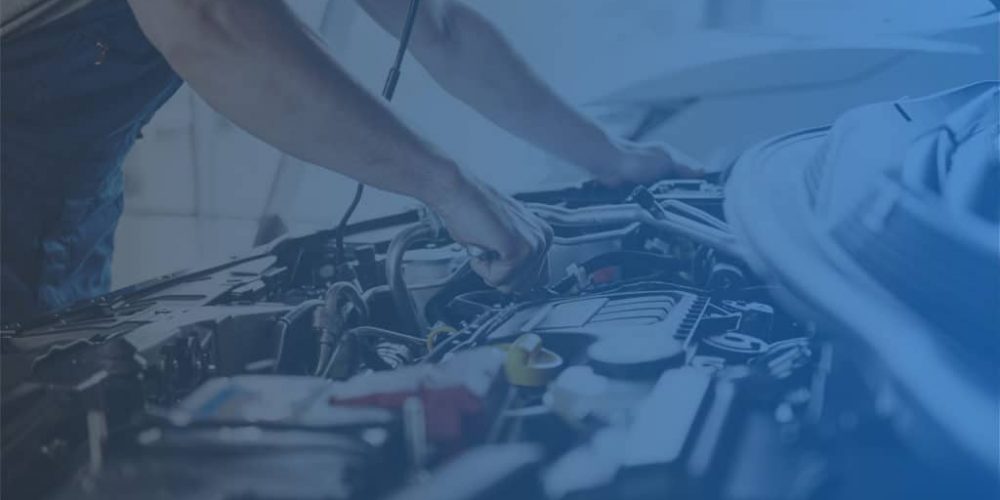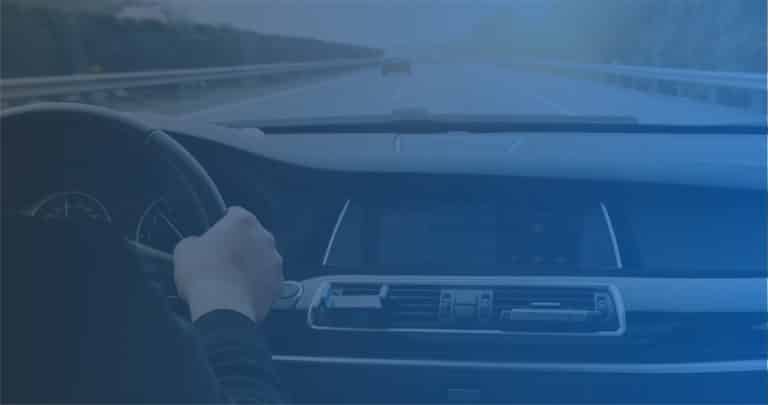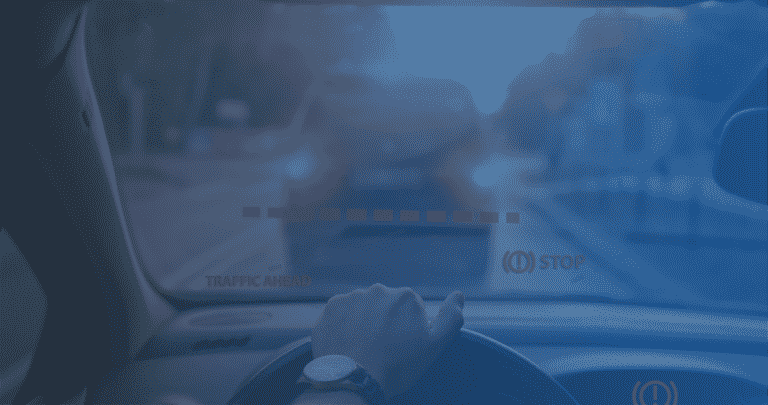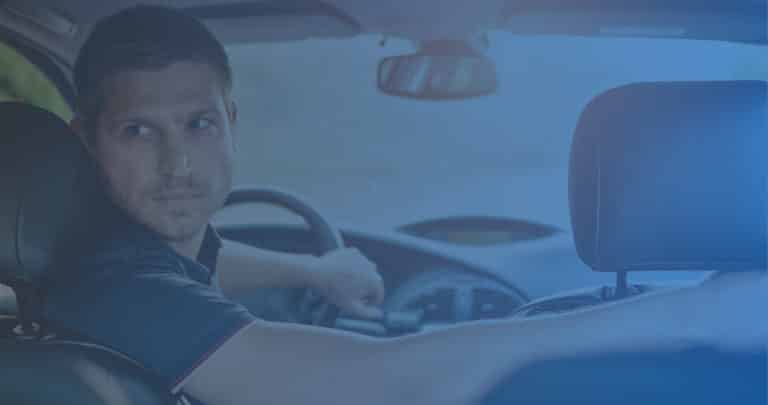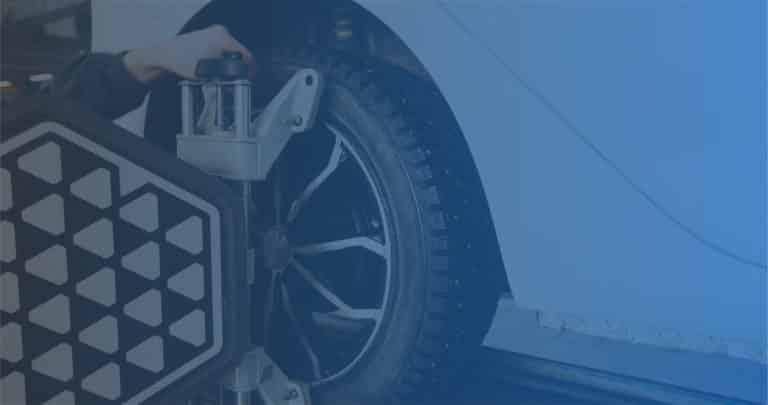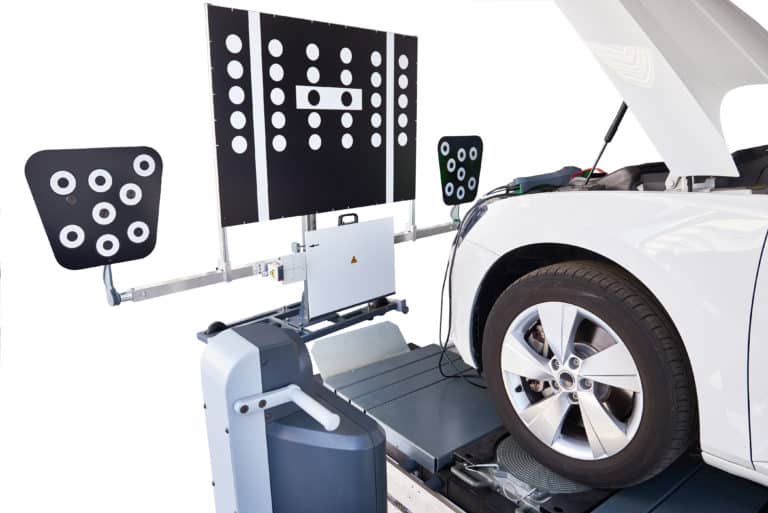Advanced Driver Assistance Systems (ADAS) make driving safer and have proven to aid and assist in avoiding vehicle collisions and protecting pedestrians. So it’s no surprise that nearly all new vehicles sold in the US right now, have at least one ADAS. What is astonishing is that many body shops do not have an accurate understanding of, or a process for ADAS recalibration.
As an auto repair shop, the safety of your customers after they drive their car out of your shop is one of your primary concerns. Ensuring all vehicle safety systems are functioning as the manufacturer engineered is essential to ensuring their well-being.
ADAS Calibration: It’s Dangerous to Compromise
When an ADAS feature is not calibrated or repaired correctly, people can get hurt. The Insurance Institute for Highway Safety tested a few ADAS features including autobraking and lane-keep assist, in a 2017 study. After intentionally misaligning systems and creating different variables on the vehicles, it became clear that it only takes a minuscule error for an ADAS component to become unsafe for use.
In a lane-departure test on a 2016 Honda Civic, the camera was off by 15 inches on one side and 6 inches on the other side. This was the result of only 0.4 degrees of intentional misalignment. This same camera also assisted with auto-braking and caused a discrepancy in the perception of surrounding vehicles by more than 50 feet.
In a real-life situation, a Canadian owner of a 2016 Acura MDX experienced safety issues due to a camera that was left uncalibrated when he had his windshield repaired. The driver, Mike Ash, told CBC News that “it was actually pulling him into traffic.”
The Problem: Missed Calibrations
One of the primary struggles facing ADAS technology as a whole, is how repair shops are treating it. There is a huge disparity between how often these systems are being recalibrated and how often they should be recalibrated. In an adasThink 2020 study, 88% of ADAS calibrations were missed in industry estimates.
AAA recommends that a vehicle calibration occur anytime a sensor’s position may have been potentially disturbed. This may include a collision of any level and is sometimes necessary following common vehicle repairs such as windshield replacement and wheel alignment.
After a vehicle has been involved in a collision, ADAS components are often moved, removed, or replaced. It is not always clear to the naked eye that a module or sensor has been affected. It’s likely that a mechanic will not be able to tell that a system has been compromised, which is why it’s necessary for every shop to have a process for ensuring calibration. After all, the duty of an auto repair shop is to return a vehicle to its owner in a pre-loss condition. That includes ADAS.
Why a Scan is Not Enough
Unfortunately, there’s a misconception in the industry that a pre and post scan is all that’s needed to ensure a vehicle’s ADAS is working correctly. This misunderstanding resulted from experiences where scans detected calibration issues. But that is not always the case.
Following a scan conducted by a rental company, a 2019 Nissan Altima experienced a failure with its Intelligent Cruise Control (ICC) system. Luckily, the driver was attentive enough to intervene and no accident occurred. It wasn’t until 10 minutes later that a warning light alerted the driver that ICC was no longer available. Upon review, a fault in the car’s radar sensor was discovered, something that would not have been detected by a pre-scan or post-scan of the vehicle.
Scanning serves an important purpose. It allows for the identification of diagnostic trouble codes (DTC)s and alerts mechanics to potential issues, but it is not enough to fully determine if a vehicle’s ADAS features are functioning properly. Many times, the modules of an ADAS system do not know that they need replacement or that recalibration is required. Performing a calibration is the only way to know for certain.
Additionally, many windshield repair and collision companies have found ways to avoid triggering fault codes during a scan of the vehicle. This is obviously negligence and poses a concern for driver safety, as we’ve already established how imperative it is that ADAS components function perfectly.
The Consequences of Neglecting ADAS
Our primary concern with the lack of consistency in ADAS calibration is that not doing so will impact the safety of the driver and the safety of the general public. For shop owners, there is another concern on the table. Are you willing to take on the potential liability of not completing your repair?
An article by Innovative Solutions Technology addresses this concern stating, “The problem is that most repair shops seem to be terrified about the potential for liability in doing ADAS calibrations when the more significant issue is the liability for not doing them.” It’s dangerous and negligent to send a vehicle out on the road that hasn’t been correctly calibrated. If a shop has failed to repair a vehicle fully and has not disclosed to the customer that calibration is needed, a shop could potentially be held liable if an accident occurs.
Make ADAS Maintenance Part of Your Process
The bottom line is that ADAS protects lives. But if we want to continue to benefit from these advanced systems, more needs to be done to ensure they are functioning correctly.
If your repair shop currently lacks the expertise and experience for these types of repairs, there are a few ways that you can improve:
- Check out these best practices provided by I-CAR that have been created as a guide for implementing ADAS repairs.
- Invest time in training and create a process for handling these repairs in your shop.
- Consider outsourcing ADAS repairs and calibrations to an ADAS calibration services company.
- Foster a relationship with an organization that can help you through the ADAS implementation process.
It’s time to stop putting off ADAS. These systems and their sensors provide an opportunity for your shop to expand services and provide more value to your customers.
A Ready-Made ADAS Solution for Shops and Standalone Calibration Centers
You want to provide ADAS calibration services, but you’re not sure how to get started.
Providing ADAS services at your shop can provide a positive ROI, but you need to have the proper facility space, ADAS tools, and training to succeed.
At Car ADAS Solutions, we are passionate about driver safety and the proper repair and calibration of driver assistance systems. We provide a turnkey ADAS solution, including site design and certification, ADAS equipment, and ADAS technician training. Learn More.
Keep Reading:

